Advantages of outstaffing %title%
Immediate access to vetted PHP expertise
Flexible scaling of development capacity without long-term commitments
Reduced recruitment, onboarding, and training costs
Faster project kick-off and shortened time-to-market
Seamless integration with existing internal teams and processes
Coverage of specific skill gaps (frameworks, legacy code, performance tuning)
Lower operational overhead for HR, payroll, and benefits management
Easy knowledge transfer to in-house developers during collaboration
Option to evaluate talent before offering full-time positions
Ability to maintain continuous development through distributed time zones
Mastered in
Composer
Streamlines PHP dependency management for scalability
PHPStorm
Intelligent IDE accelerating PHP coding productivity
Laravel
Elegant framework boosting rapid PHP application development
Xdebug
Powerful debugger enhancing PHP code insight
Portfolios
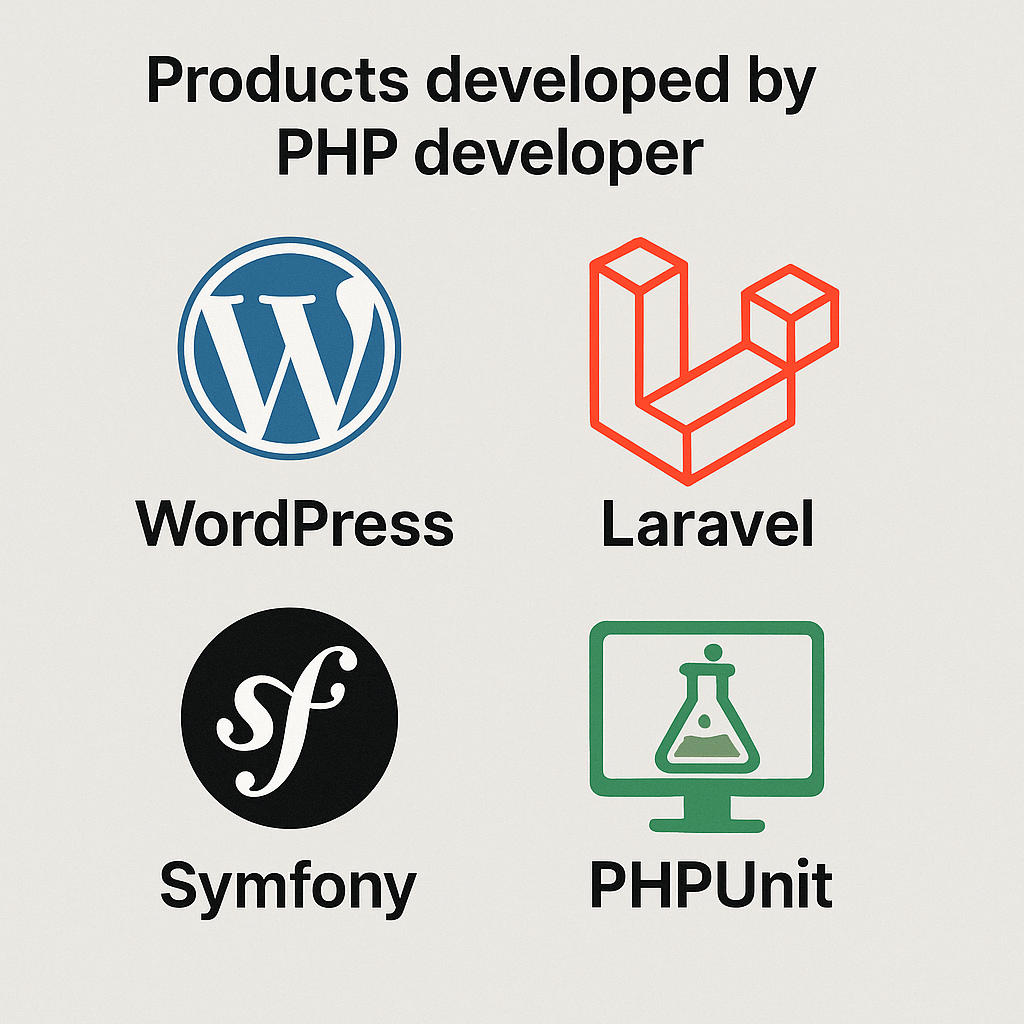
OmniCMS
Scalable headless content management framework.
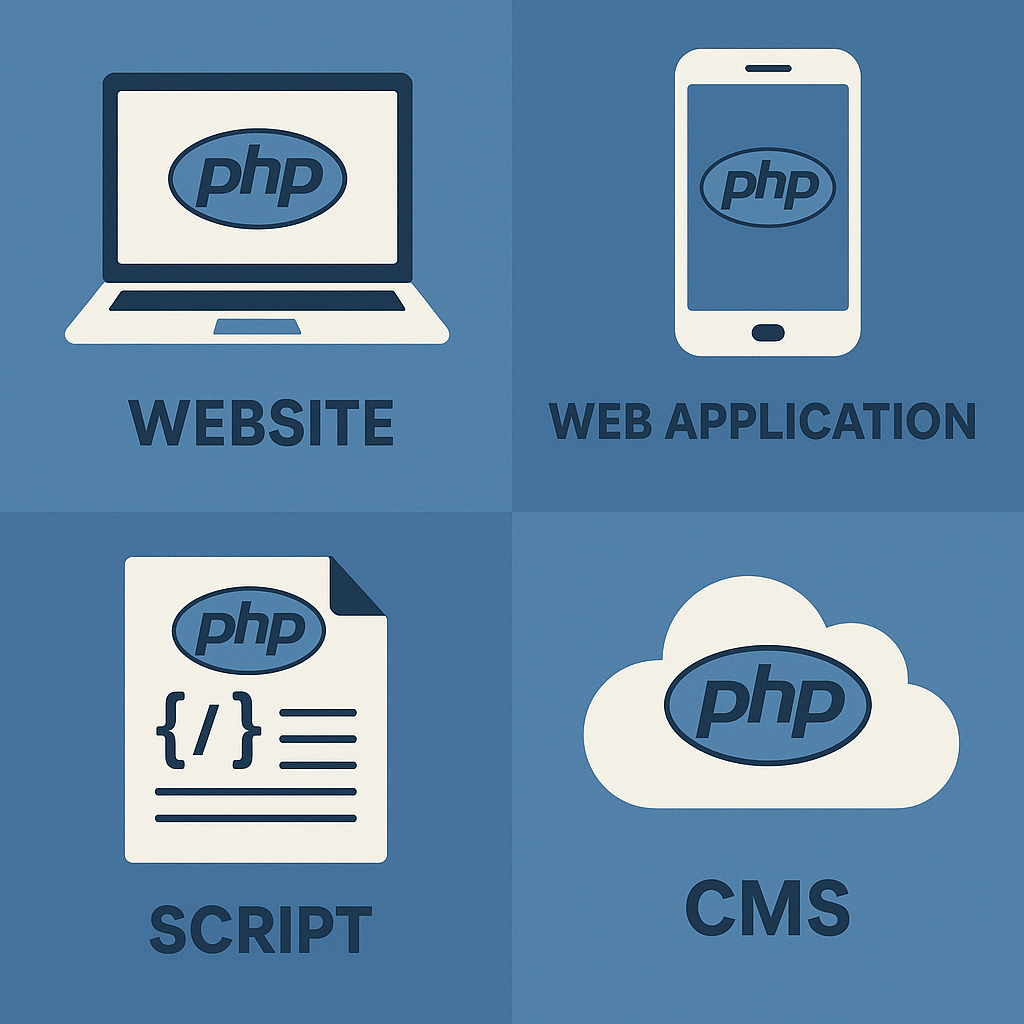
CommerceEdge
High-volume, resilient transactional e-commerce engine.
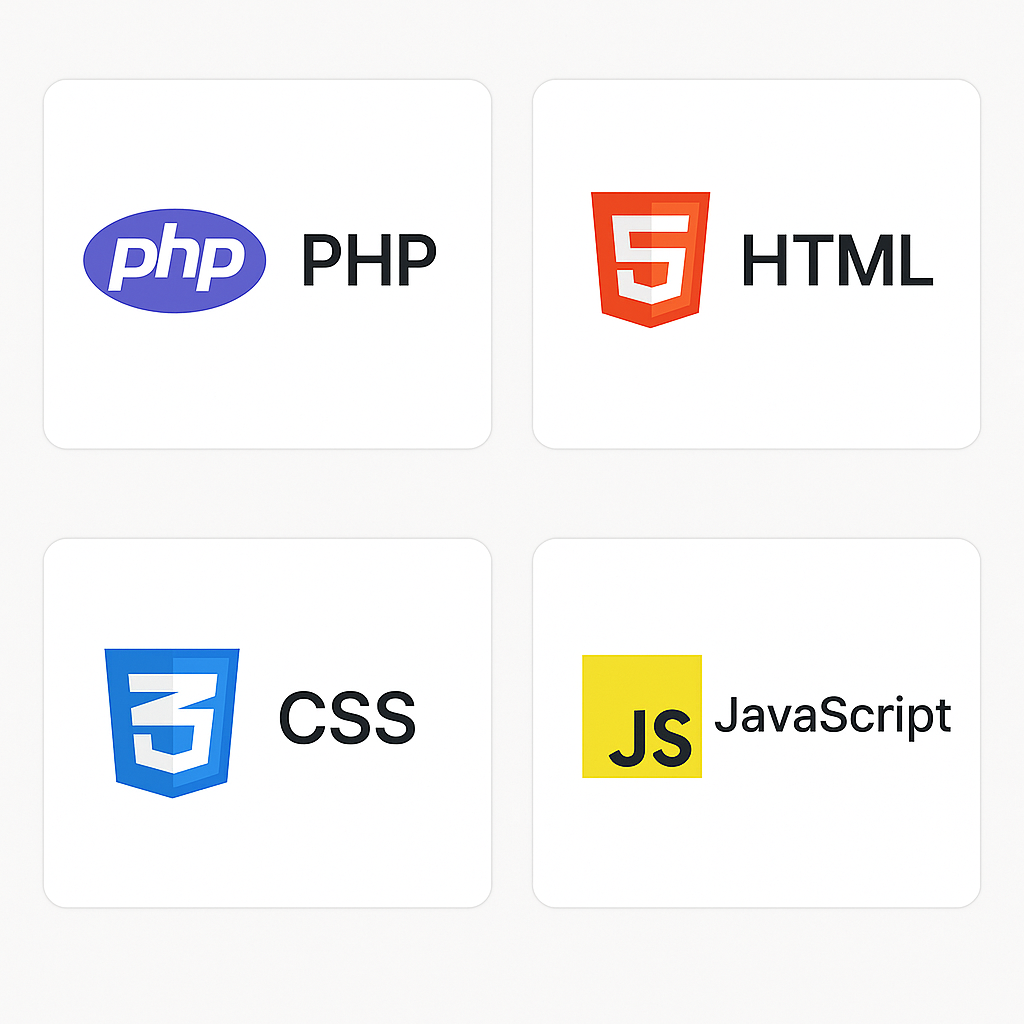
NexusAPI
Secure REST and GraphQL API gateway.
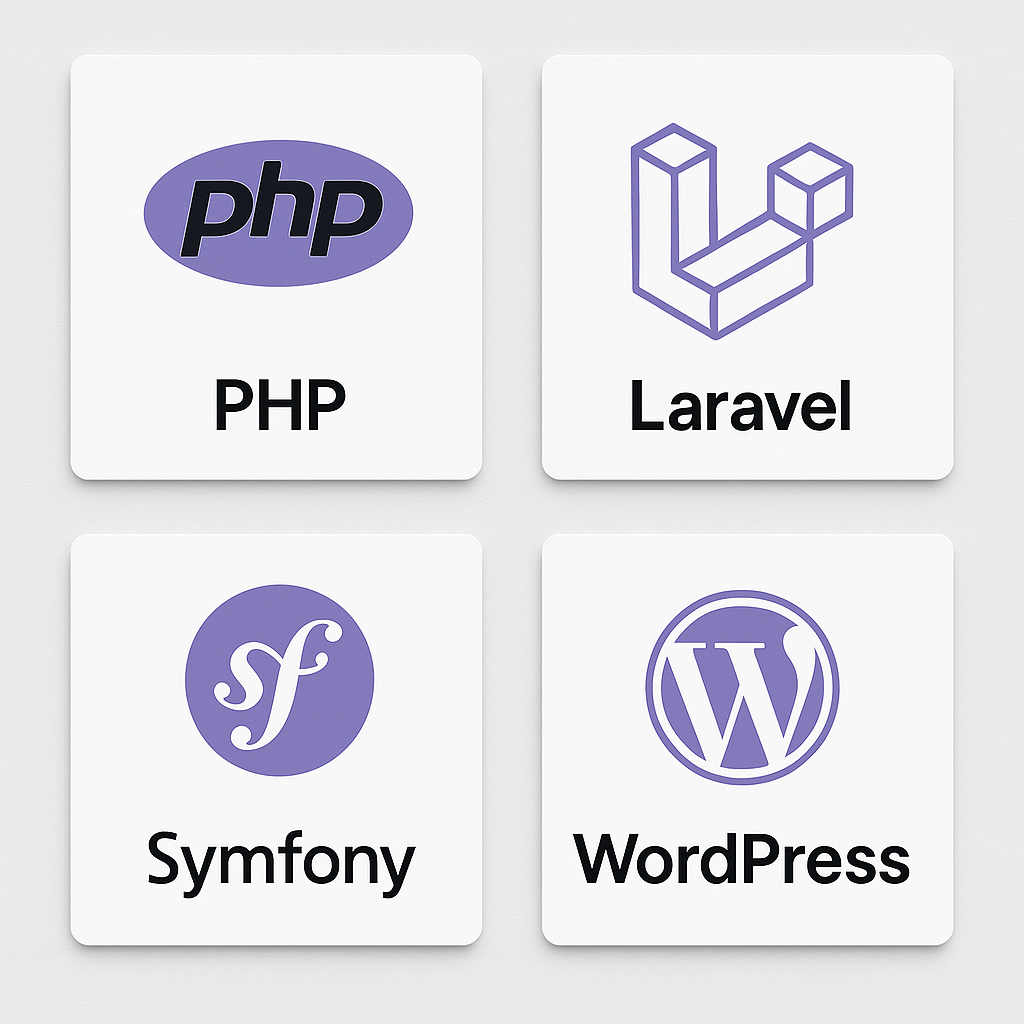
PulseChat
Low-latency WebSocket chat service backbone.
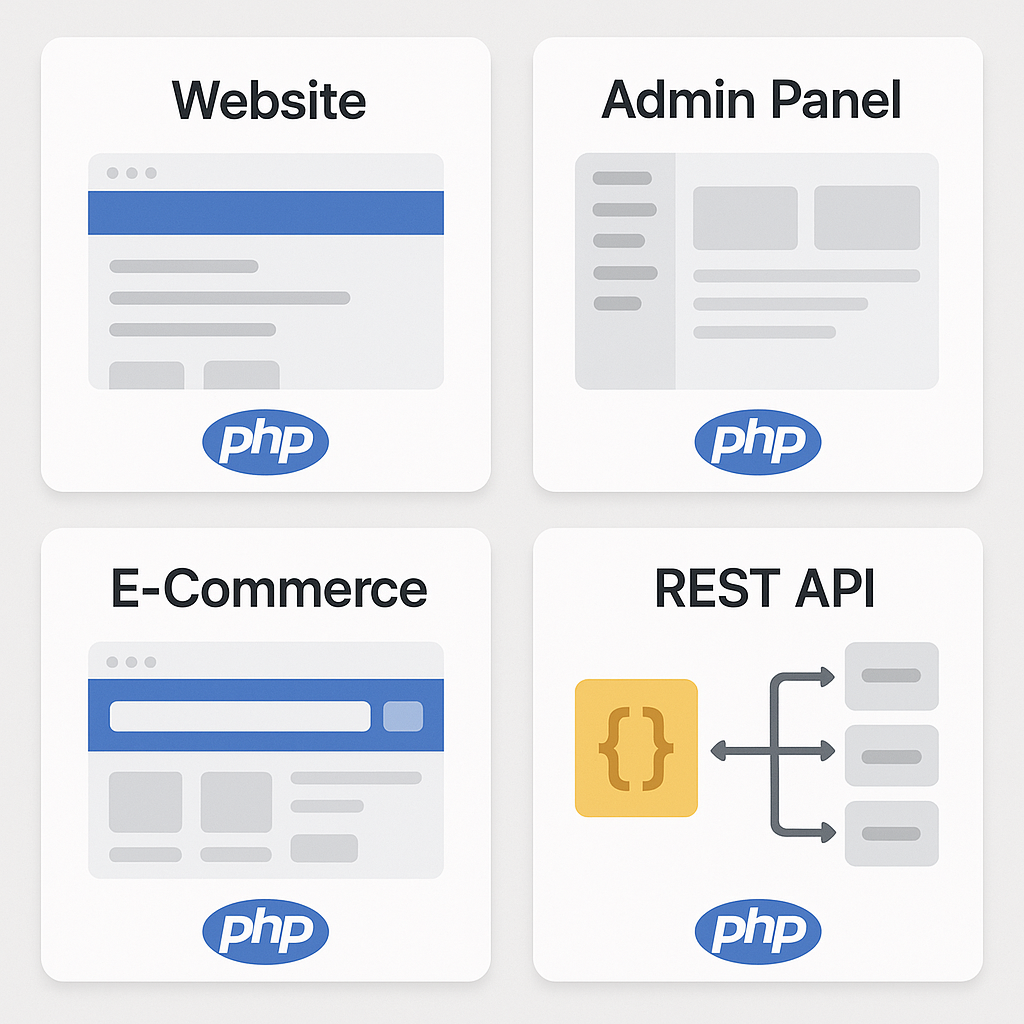
InsightFlow
Real-time analytics and KPI dashboard platform.
Reviews
Smartbrain delivered a senior Laravel/PHP developer in 6 days—shattering our usual 4-week cycle. Their pre-vetted hire plugged into our LAMP stack shipping portal with zero rework, tuned sluggish MySQL queries, and cut page load 38%. Streamlined Slack onboarding freed HR to focus on retention.
Emily Carver
HR Professional
Horizon Fleet Logistics
Our fintech dashboard was stuck on legacy Symfony 3. Smartbrain’s contract PHP engineer upgraded us to 5.4, refactored 12k lines to PSR-4, and wired in PHPUnit coverage. Velocity jumped 25% and my squad could chase new REST API features instead of drowning in technical debt.
Marcus Hill
Dev Team Lead
SilverPeak Software LLC
I feared outsourcing, yet Smartbrain matched us with a CodeIgniter guru who grasped our ERP quirks. He meshed with the in-house C# crew, shipped a PHP microservice in two sprints, and trimmed order-processing time 40%. Quality soared while my ops team finally breathed.
Olivia Chen
CEO
GroveCraft Manufacturing
Smartbrain’s remote PHP squad grabbed our WordPress/WooCommerce backlog in a week. Composer scripts, shared Git flow, and crisp Loom walkthroughs meant zero downtime. Storefront pages now post 95+ Lighthouse scores, letting designers craft UX instead of chasing PHP bugs.
Daniel Brooks
Owner
Sierra Ridge Media
Filling niche PHP-MySQL roles for HIPAA apps used to drag for months. Smartbrain surfaced three secure-coding pros in 72 hrs. The hire slotted into our Kanban board day one, automated audit logging, and cut compliance review hours 30%, easing the load on devs and auditors alike.
Heather Lopez
HR Professional
Crestline Health Tech
Tech Stacks
LAMP Stack
LAMP remains the classic baseline PHP stack: Linux for the operating system, Apache for the web server, MySQL for relational storage, and PHP as the scripting language. It is favored for its maturity, giant community, and ubiquitous hosting support. Developers appreciate straightforward .htaccess routing, mod_php simplicity, and abundant documentation. Modern incarnations swap MySQL for MariaDB or Percona and enable HTTPS with Let’s Encrypt effortlessly. Tooling such as phpMyAdmin, Composer, and Git integrates smoothly. Continuous-integration servers, Docker images, and configuration management recipes abound, letting teams replicate predictable environments locally and in production with minimal cost. Its learning curve stays refreshingly gentle.
LEMP Stack
LEMP trades Apache for Nginx and mod_php for PHP-FPM, delivering leaner memory footprints and higher concurrency while preserving the familiar Linux, MySQL, and PHP triad. FastCGI process management separates application execution from web serving, allowing zero-downtime reloads and granular tuning. HTTP/2, reverse-proxy caching, and WebSocket support are first-class citizens, making the stack popular among high-traffic PHP applications such as SaaS dashboards and APIs. sysadmins provision servers using tools like Ansible and Terraform, then containerize workloads with Docker or Kubernetes. Migrating from LAMP usually involves reconfiguring virtual hosts and updating .htaccess directives to Nginx rewrite rules for optimal performance and security.
Laravel + Vue.js
Laravel plus Vue.js offers a modern full-stack development experience prized by PHP engineers who want expressive backends and reactive frontends without abandoning familiar tooling. Laravel contributes elegant routing, Eloquent ORM, queues, and Blade templating, while Vue.js handles componentized user interfaces, real-time updates, and state management through Vuex or Pinia. The framework’s built-in Mix wrapper around Vite or Webpack streamlines asset builds, and Sail provides Docker-based local environments. Sanctum and Passport supply token authentication, enabling seamless single-page applications or mobile API consumption. Community packages, vibrant documentation, and cloud services like Laravel Forge and Vapor accelerate deployment, scaling, and monitoring tasks effortlessly.
Symfony + API Platform
Symfony paired with API Platform creates an enterprise-grade stack focused on standards compliance, testability, and rich API ecosystems. Symfony’s modular components, autowiring, and robust event dispatcher encourage clean architecture, while Doctrine ORM or ODM handles persistence. API Platform automates REST and GraphQL endpoint generation, documentation through OpenAPI, pagination, serialization, and security fences. Combined, they let developers prototype hypermedia services quickly yet remain fully customizable. Mercure delivers real-time push, and Messenger orchestrates asynchronous queues over RabbitMQ or Kafka. Professional tooling—Flex, Maker, Encore, PHPUnit, Psalm—boosts productivity. The stack excels in microservice landscapes, headless CMS backends, and data-heavy B2B integrations across diverse industries.
WordPress + WooCommerce
WordPress with WooCommerce forms the de facto PHP stack for content-driven e-commerce sites, delivering rapid time-to-market and a nontechnical admin experience. WordPress’s plugin ecosystem, Gutenberg block editor, and REST API enable flexible page building, while WooCommerce layers catalog management, cart logic, and payment gateway integrations. Developers extend functionality using hooks, filters, and custom post types, or build headless storefronts exposing GraphQL via WPGraphQL. Common tooling includes Advanced Custom Fields, Yoast SEO, and WP-CLI for scripted operations. Performance is improved with object caching, CDN offloading, and Nginx or LiteSpeed servers. Managed hosts and one-click scaling services ease operational burdens for merchants.
Decoupled Drupal
Decoupled Drupal combines Drupal’s mature CMS backend with a JavaScript front-end, often React, to produce scalable, content-rich applications managed by PHP developers collaborating seamlessly with frontend teams. Drupal supplies revisions, multilingual workflows, custom entity types, and fine-grained permissions, exposed through JSON:API or GraphQL modules. The React layer, sometimes bootstrapped with Next.js, fetches content over these APIs, enabling static generation, server-side rendering, or SPA behavior. This architecture separates concerns, enhancing performance, security, and developer autonomy. Tools like Drupal’s Composer scaffolding, Drush, and Lando streamline local setups, while Acquia, Pantheon, or Kubernetes manage staging pipelines, automated tests, and blue-green deployments for reliability.
Shortlist

Alexei Petrov
Senior PHP / Laravel & Symfony Developer

Nathan Clarke
Lead Full-Stack PHP Engineer

Rahul Menon
Backend PHP API Specialist

Diego Fernández
Principal PHP / Symfony Architect

Omar Hassan
Scalable Systems PHP Engineer

Julien Lefèvre
Senior PHP Developer & Tech Lead
Dev augmentation service
Rapid Team Scaling
Developer augmentation lets you quickly add experienced PHP engineers whenever workloads spike, eliminating lengthy recruitment cycles.
Cost Efficiency
You pay only for the talent and hours you need, lowering overhead costs tied to full-time salaries, benefits, and long onboarding processes.
Access to Specialized Skills
Augmentation services provide PHP developers with niche expertise—frameworks, legacy migrations, performance tuning—without a permanent hire.
Reduced Hiring Risk
Try-before-you-commit engagements let you evaluate developers’ fit and output before considering long-term contracts or full-time offers.
Accelerated Delivery
With extra PHP hands on deck, sprints close faster, backlogs shrink, and product releases reach market sooner, boosting competitive edge.
Focus on Core Business Goals
Delegating coding capacity to augmented PHP specialists frees internal teams to concentrate on strategy, innovation, and revenue-driving tasks.
Domain expertise
E-commerce & Online Retail
Web stores, digital marketplaces, payment gateways and inventory systems heavily rely on PHP frameworks such as Magento, WooCommerce and Laravel to power product catalogs, checkout flows and order management.
Media, Publishing & Content Management
News portals, blogs, streaming sites and digital magazines use PHP-based CMS platforms like WordPress, Drupal and Joomla to manage large volumes of content and high-traffic websites.
Software-as-a-Service (SaaS) Platforms
B2B and B2C SaaS products such as CRM, project management, marketing automation and analytics dashboards often adopt PHP back-ends (Laravel, Symfony) for rapid development and scalable REST APIs.
FinTech & Online Payments
Banks, payment processors and financial startups leverage PHP to implement secure transaction APIs, customer portals and integrations with gateways such as Stripe, PayPal and Braintree.
Why hire with us
Immediate access to pre-vetted PHP talent without lengthy recruitment cycles
Flexible scaling of developer capacity up or down based on project load
Cost efficiency by paying only for the hours or sprints actually worked
Faster time-to-market thanks to developers who are already onboarded to agile processes
Knowledge transfer from seasoned PHP specialists to in-house teams
Reduced HR, payroll, and administrative overhead compared with direct hires
24/7 development coverage through globally distributed augmentation teams
Lower risk of project delays due to quick replacement or addition of resources
Built-in quality assurance and code review procedures provided by the augmentation vendor
Ability to focus internal staff on core business initiatives while augmented developers handle feature delivery
